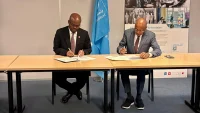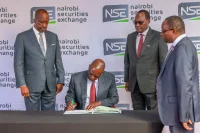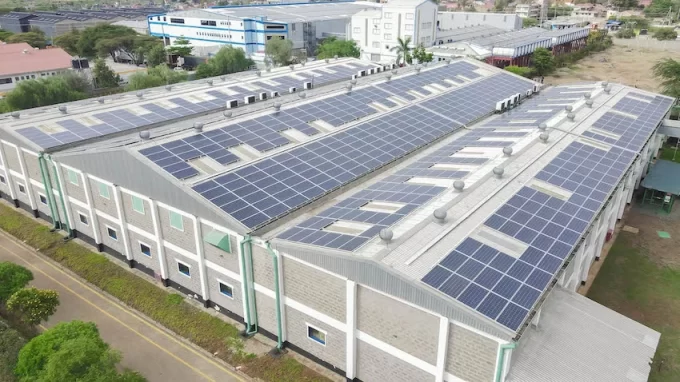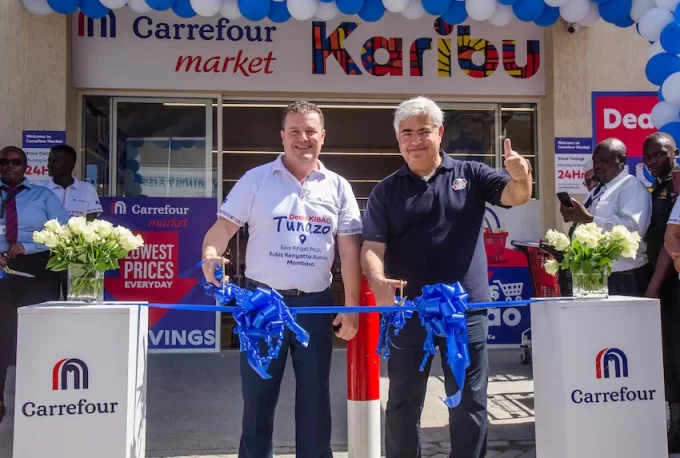The fuel shortage in Kenya is becoming ever more apparent, with Kenyans now queueing up at various fueling stations in counties including the capital Nairobi, and other major cities and towns. Some Kenyans have taken to using Whatsapp groups to keep each other posted on where fuel can be found. Social media platforms including Twitter have also become some of the main outlets for Kenyans to air their frustrations.
A spot-check by Business Today confirmed that, to manage the demand, some outlets have capped maximum sale prices. One station in Ruiru for instance isn’t selling fuel worth more than Ksh1,000 to a single motorist. Some motorists noted that they had spent hours in queues. Several expressed fears that fuel was being hoarded by the oil marketers to create an artificial shortage.
The fuel marketers have blamed the volatile international fuel prices occasioned by the situation in Ukraine for the shortage. Rubis, which has a 20% market share, expressed confidence that the situation would be resolved soon.
“The recent escalation of international fuel prices is generating a very strong economic squeeze resulting in fuel supply constraints. In collaboration with relevant authorities, Rubis Energy Kenya wishes to inform all its customers of its best efforts to make this situation as short and at least restrictive as possible,” the firm’s statement on Sunday, April 3, read in part.
READ >> Bolt Adjusts Fares Upwards Due to Increased Fuel Prices
Interestingly, the State had in January 2022 accused Rubis Energies and the Oil Marketers Association of Kenya (OMAK) of attempting to create an artificial fuel shortage. The back-and-forth stemmed from the importation of 30,000 tonnes of Petrol over the holiday season.
In letters to the Petroleum Ministry and the Energy and Petroleum Regulatory Authority (Epra), Rubis Energy CEO Christian Bergeron and OMAK claimed that the importation and offloading of the cargo contravened regulations on the Open Tender System (OTS). The state noted that Rubis Energy was among attendees of a virtual meeting on November 30, 2021 in which importation of the stock was agreed on by stakeholders and countered their claims.
“You alluded that the country was to face a stock out, which is dangerous and would cause panic buying and cause an artificial shortage,” Petroleum Principal Secretary Andrew Kamau wrote to Rubis in response.
Meanwhile, the industry regulator – Energy and Petroleum Regulatory Authority (EPRA) and the Ministry of Energy have been mum, while Kenyans grapple with the situation coupled with the sky-rocketing cost of living and a weakening shilling.
A quick glance at their social media mentions revealed that as of Monday, April 4, they were inundated with queries from Kenyans on the widespread shortages. The queries went unanswered.

![Queues for fuel at Riva Petrol Station in Bomet County. [Photo/ TWITTER/ @Jumaf3]](https://businesstoday.co.ke/wp-content/uploads/2022/04/jumaf3.jpg)











Leave a comment